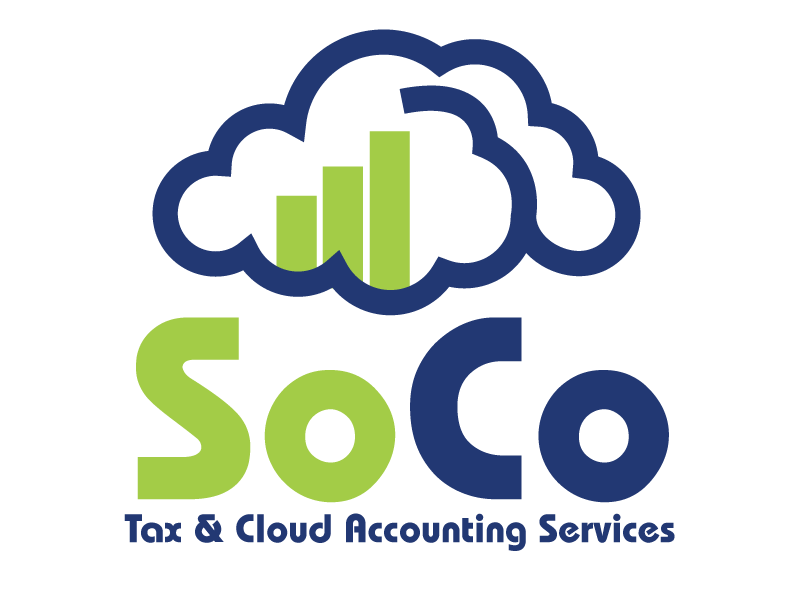The Battle of Quickbooks and Xero
When it comes to online accounting software Xero and Quickbooks Online both come equipped with all the necessities that we need for our business.
According to Xero vs. QuickBooks: The Battle for Your Small Business Accounting By Jennifer Riggins , the battle of Quickbooks and Xero is like a “David and Goliath Story”. In small business accounting, it all comes down to what each can do for you and your business.
But first – what is Xero and what is Quickbooks?
Both Xero and Quickbooks are cloud-based accounting software for small and medium-sized businesses designed to manage payroll, inventory sales, and other needs of small business.
Who benefits from Xero and who benefits from Quickbooks?
Mobile vs Desktop
Xero was specifically built to work online or what we now call “the cloud”. Xero is also available on mobile devices and has always been designed for it.
Quickbooks supports both the online and desktop versions. If you are a service-based business, Quickbooks online is best for you.
Unlimited Access vs. Single User Access
Another difference between Xero and Quickbooks is the way they handle and charge users.
Xero allows unlimited access to its users with a single subscription. They have a basic package of $9/month. Aside from that, you can always invite your team members and accounting professionals anytime you like.
With Quickbooks, its online basic version charges progressively more for additional users.
Integration
Xero Integrates with 280 add-on apps while Quickbooks integrates with 100 apps.
Accounting Features
Xero’s features include:
Invoicing
Bank reconciliation
Payroll and payroll taxes (additional fees may apply)
Inventory
Quotes
Expensive claims
Payments
1099s
40 built-in reports
Native mobile apps
Quickbooks also provides standard accounting functions:
Invoicing
Bank synchronization
Payroll and payroll taxes (additional fees apply)
Vendor payments
65 + built-in reports
Native mobile apps
Inventory
1099s
Billable time tracking (with plus edition)
Some additional features unique to each software:
Quickbooks Online has FIFO (First In First Out) Inventory tracking, used to manage the cost accounting as you sell units of the products. It is an important concept for people who track inventory on Quickbooks Online.
Quickbooks also has Forecasting which gives you reports to assist with your company’s projections of future revenues and expenses. Forecasting gives you the budget-to-actual revenues and expenses or account balances compared to the forecasted projected amount.
Xero utilizes Side-by-Side Files which makes the process of entering data even easier. It allows you to collect all the source documents you need and store them inside Xero next to the transactions they relate to, which makes it easier to find.
Another feature of Xero is Send/receive invoices to another Xero use, which allows users to send invoices directly to another user of the same system.
Customer Support and Training Resources
Quickbooks is available via phone and live chat support, Mondays-Fridays from 6AM-6PM PST.
Xero is available via email support 24/7, and request call back for phone support.
Final Verdict:
Xero and Quickbooks are both great softwares and beneficial to its users. All you need to do is weigh your needs and consider different factors on choosing the right software for you. Is the price worthy? What are the features? How about its usability, services, and support?
Source:

